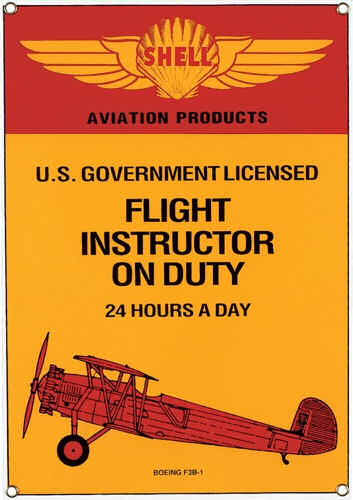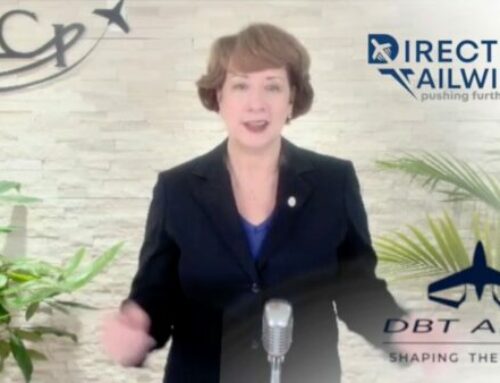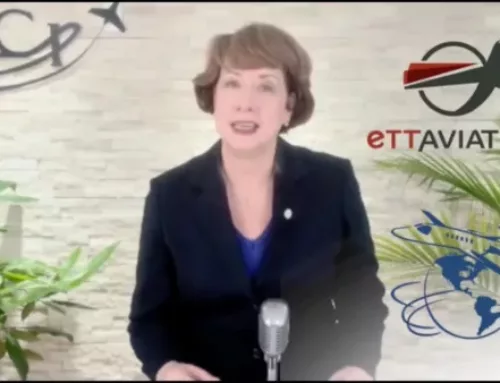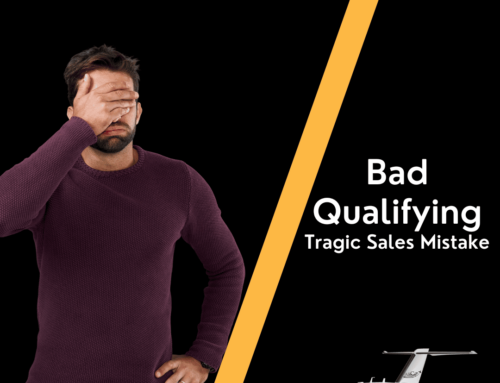
The last thing anyone needs is a super-polite flight instructor.
“That was . . . not too bad. . .”
My flight instructor was euphemizing, again.
We were both painfully aware that this short-field landing stunk. I was upholding my record of embarrassingly inconsistent short field landings – I tended to either overshoot the mark or bounce a little. And I was scheduled to take the practical exam for my private pilot’s license that very weekend.
The cockpit is no place for nice people. My flight instructor was a great guy. Perhaps it was because he was younger than me and came from the super-wholesome, respect-your-elders-or-else culture of Salt Lake City. Perhaps he felt uncomfortable being blunt with a woman. He chatted pleasantly while we were waiting in line for takeoff or spending the half hour flying out of KSLC’s Bravo airspace to get to our practice runway. He was an entertaining passenger. I’d be happy to introduce him to my single friends. But I was also shelling out fifty five bucks an hour for his time, plus gas for the 172 at four-something per gallon and I was making no progress. And I sure as heck wasn’t going to pass this practical exam unless I found somebody who could be a little more direct. I needed critical information and I needed it fast.
I failed the practical on the first try.
After some asking around I drove to another flight school in Ogden and spent an hour and a half with a flight instructor who was older. He had been, of all things, a construction foreman in an earlier life.
“Keep your hand on the throttle. Get the last notch of flaps in sooner. A little more right rudder. Control the $(%$( thing- don’t just let it do what it wants!”
After a strangely refreshing afternoon of getting yelled at, I was landing on the start of the second stripe of the runway every time. And the landings were “sticking” without the slightest bounce. This was fantastic! I passed the practical, the examiner was impressed, and I was done with spending hundreds of dollars a week trying to solve the mystery of the short field landing practically singlehandedly.
Sometimes being kind to someone is doing them a disservice. Especially if that person is depending on the unvarnished truth.
Whenever we do a set of recommendations or a focused consultation on a campaign, sometimes we need to tell a client: “We need to go back to the drawing board. This product or this offer just isn’t good enough to succeed.”
Not my favorite moments, and not the ones that make us popular with clients.
We know that real money (and our reputation!) is riding on every campaign. Our clients are depending on making sales to pay the bills to pay and keep their people employed. If we’ve accepted a client and agreed to assist with their marketing, we’re on the team and we’re committed to deliver. That sometimes means what my husband calls “straight talk” that the client may not want to hear.
The strange thing is – one client who we “fired” because his product simply wasn’t marketable has turned out to be one of our biggest supporters – he’s referred several clients to us, although we’ve never worked with him directly.
How could this happen?
He told us other marketing firms he’s worked with are happy to smile at him and take his money to create a brochure or a website for a product that ultimately failed and had to be reworked.
When we do a consultation for a prospective client, we make them fill out an extensive ten page questionnaire. And then we do an analysis and spend an hour on the phone with them before either of us makes a decision.We intend to be just as frank, blunt and clear-thinking as that flight instructor who finally straightened out my short-field landings. (I still hear his voice in my head whenever I land an airplane!)
And just like those short-field landings, a little “straight talk” at the right time might be all that’s needed to change a failing product or offer into a successful one.
Most of the people we send the blank questionnaire to never complete it. We know we’re being difficult, and we know we’re turning away a lot of business. Some of the people who do complete it realize they have other issues to resolve besides marketing, and some simply aren’t a good fit for ABCI’s business model. In any case, we don’t start a marketing campaign that we don’t believe would be successful.
We love it when a plan comes together and a great campaign succeeds. Even if it’s not all pleasantness along the way.






Leave A Comment